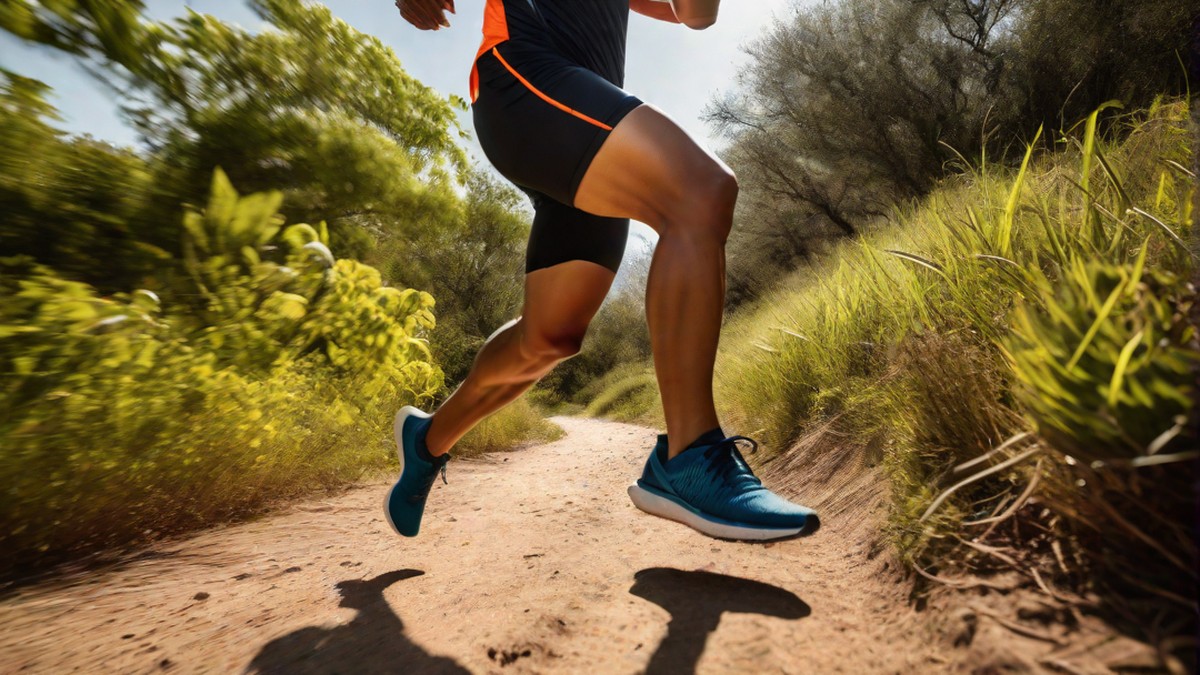As a passionate runner, I have always been curious about the specific benefits that running offers to different muscle groups. One area of particular interest to me has been the glutes, considering their importance in running. So, does running help your glutes?
The Impact of Running on Glutes
When it comes to the gluteal muscles, running is a fantastic way to engage and tone these powerful muscles. The glutes play a crucial role in running, as they are responsible for hip extension, pelvic stability, and overall lower body strength. Engaging these muscles during a run not only improves performance but also helps in preventing injuries.
During a run, the gluteus maximus, which is the largest of the three gluteal muscles, is activated to a great extent as it propels the body forward with each stride. Additionally, the gluteus medius and gluteus minimus, which are situated on the sides of the pelvis, work to provide stability and support during the running motion.
Benefits of Strong Glutes for Runners
Having strong glutes can significantly impact a runner’s performance. Improved hip extension and stability from stronger glutes can lead to better running form and efficiency, ultimately enhancing speed and endurance. Furthermore, strong glutes contribute to better overall lower body strength, reducing the risk of common running injuries such as IT band syndrome and runner’s knee.
It’s important to note that strong glutes not only benefit performance but also contribute to better posture and lower back health. Running regularly can help maintain the strength of these muscles, resulting in improved posture and reduced lower back pain.
Supplementary Exercises
While running does engage the glutes to a significant extent, incorporating specific strength training exercises can further target and develop these muscles. Exercises such as squats, lunges, and hip thrusts can help in building and strengthening the glutes, complementing the effects of running.
Moreover, cross-training activities like cycling and swimming can also aid in maintaining overall lower body strength and complement the impact of running on the glutes.
Conclusion
In conclusion, it is clear that running does indeed help in strengthening and toning the glutes. The engagement of these muscles during running not only enhances performance but also contributes to overall lower body strength and injury prevention. As a runner, I can attest to the noticeable difference in my running ability and overall strength after focusing on maintaining strong and functional glutes. So, for anyone looking to improve their running and lower body strength, hitting the road or trail for a run is an excellent way to work those glutes!

